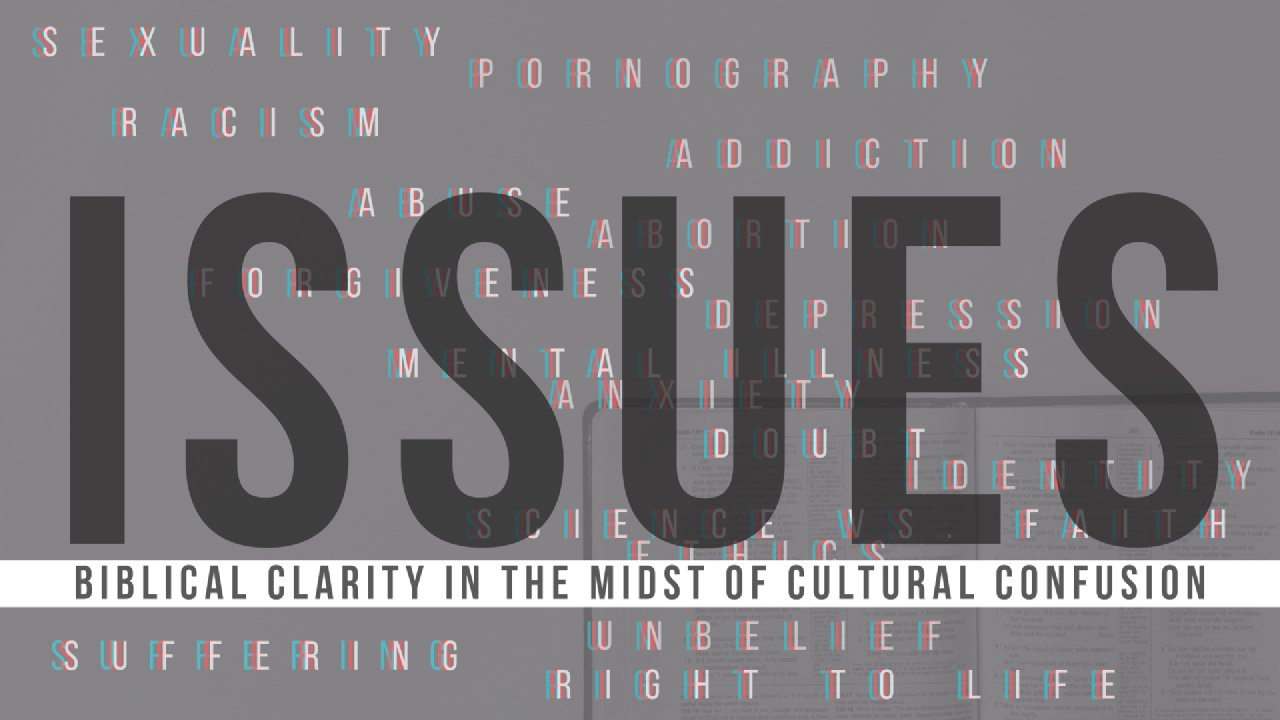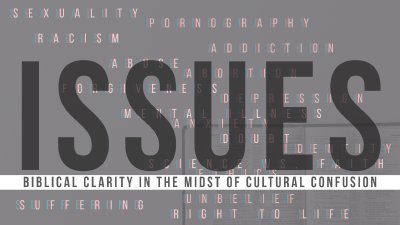Mental Illness // Psalm 77
Causes of mental illness:
• Physical
• Spiritual
o Unrepentant Sin - Psalm 38, 51; Lamentations
o Past Sin - accusation/ condemnation
o Spiritual Warfare
• Circumstantial
Our response to mental illness reveals:
• Our theology of the fall/ sin
• Our theology of suffering
• Our theology of weakness
• Our theology of hope
PSALM 77
I. Cry of despair :: Psalm 77:1-3
o Take your distress to God; do not turn from him
o Articulate your angst
o Make despair the doorway to intimacy with God
II. Complaint: Fear of abandonment :: Psalm 77:4-9
o Take your questions to God
o "'But if we believe God has left us in our miseries and hardships, there is a torment within the breast which I can only liken to the prelude of hell.' . . .we can magnify every weakness, limit, sin and imperfection within us. We terribly doubt whether we 'are Christians at all,' and become 'tormented with the fear' that we are frauds living sham lives." (Zack Eswine, quoting Charles Spurgeon, 45)
III. Anchored in remembrance :: Psalm 77:10-15
• Looking back to the works of God
• Looking back to the character of God
• Looking back to the grace of God
• The importance of teaching the biblical narrative is paramount
IV. Hope for Deliverance (Redemption) :: Psalm 77:16-20
• Looking back to the Exodus
• Looking back to the cross
• The way is through, God is faithful to keep his promises
Discussion Questions:
1. Why is there such a stigma around mental illness, especially in the church?
2. How should we understand mental illness in light of the Fall (Genesis 3)? Is sickness of the mind categorically different than sickness of the rest of the body?
3. Do you sense that our church is a safe place for those struggling with mental illness to belong? Why or why not?
4. Read Matthew 9:36. What was Jesus’s attitude toward to crowd?
Read Mark 2:17. Who did Jesus come for?
How should these two verses shape how we view those struggling with mental illness?
5. How can mental illness be a doorway to intimacy with God and genuine worship?
6. What is your understanding of lament? Why does it take faith to lament? Why is the language of lament such a grace to those suffering with mental illness?

September 8, 2019
Psalm 77
September 8, 2019 • Pastor Josh Kee • Psalm 77
More from
Issues




